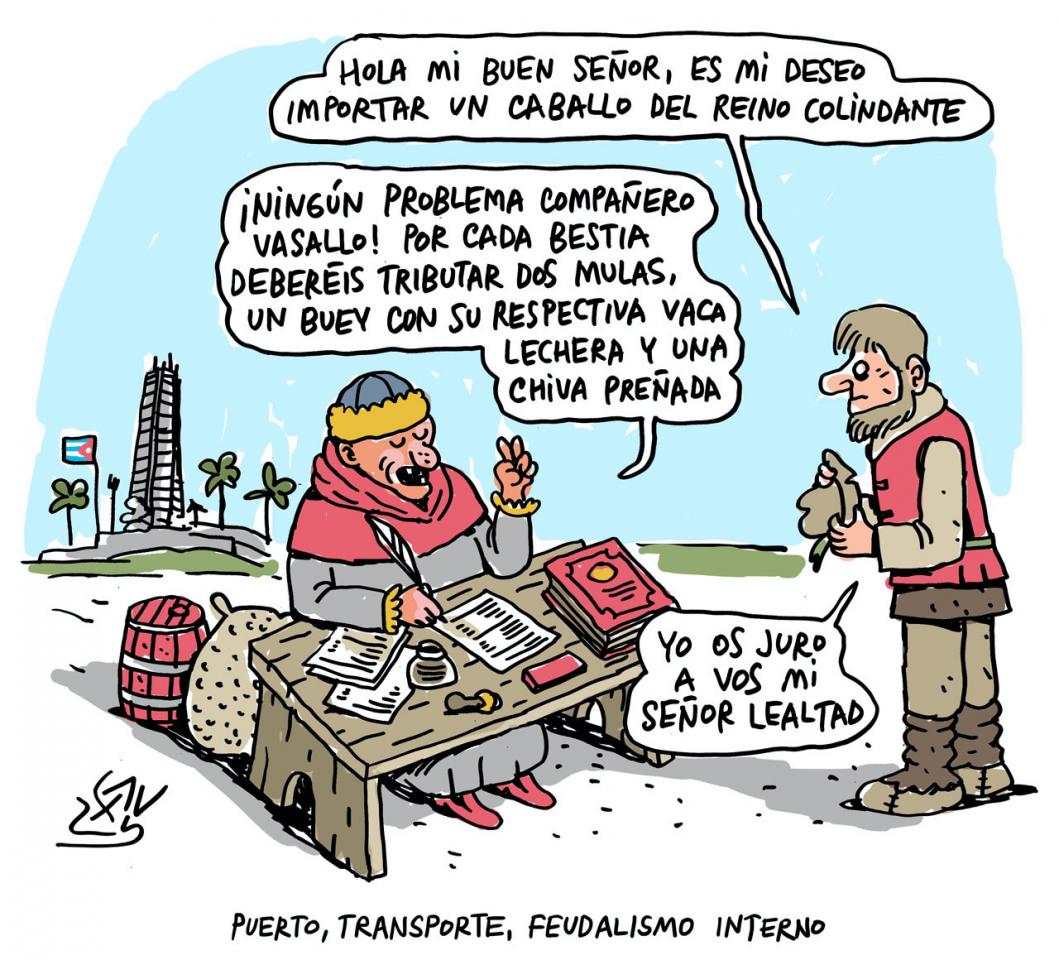The regime's official media has been dedicating great attention to the figures found in Cuba's Economic Plan for 2020 and discussion of it at companies and entities across the country. As this process is taking place in the midst of an attempt to grant greater autonomy to state-owned companies, the authorities have insisted that this time the plans will not be handed down entirely from above. Rather, a more bottom-to-top model will be embraced.
However, information recently appeared, on February 17, in the newspaper Trabajadores, revealing some loose ends remaining in the process to discuss the plan – just the tip of a whole iceberg of greater deficiencies.
Firstly, business executives abound who are still oblivious to the importance of groups of workers participating in the preparation of these plans. That is, they continue to uphold an authoritarian system that, at least in theory, the official unions say they are fighting.
Meanwhile, the enormous bureaucracy that exists in the country, from which the Workers' Central Union of Cuba (CTC) cannot escape, hampers the implementation of plans already approved. Hence, many companies and units do not find out the plans imposed on them until the third or fourth month of the year, when they commence a marathon to comply with directives issued from above. And, of course, breaches of the plans do not go unpunished, almost always resulting in salary cuts for workers, and inability to access the benefits entities otherwise would have enjoyed.
The Base Business Units (UEB), the economy's true cornerstones, are subordinated to companies and left without any power over the terms of plans and contract signings. In response, UEB groups have been calling for a stop to companies' continued supplanting of these grassroots entities and these functions.
Another concern among workers is that, once a plan has been approved at the highest levels, entities are obliged to comply with them, even in the context of technological obsolescence saddling a good number of companies, as well as shortages of raw materials that sap many productive processes.
Nor does it take into account the fact that some investments planned with a direct impact on the plan assigned to the entity may not ultimately be executed at the economy's highest levels.
Incidentally, at the assemblies held so far, the deficient feasibility studies carried out prior to undertaking a large number of the investments in the country have come to light; investments are often made in projects never followed up on to exploit them to the fullest, so the outlay is not recovered within the expected period.
We must add that investments not only fail due to poor feasibility studies, but also due to funds never ultimately disbursed; a Cuban television Round Table recently reported that, once again, the annual investment plan in the country had not been fulfilled, and at the end of 2019 expenditures reached only 80% of what had been slated.
Finally, there is a question that stands at the heart of the much-touted participatory democracy that the elites in power claim infuses all national life, and, of course, the labor movement: can the workers modify, for reasons of force majeure, the figures in the plan already approved by the economy's higher-ups?
It would be much appreciated if Mr. Ulises Guilarte de Nacimiento, the Secretary General of the CTC, addressed this question.
